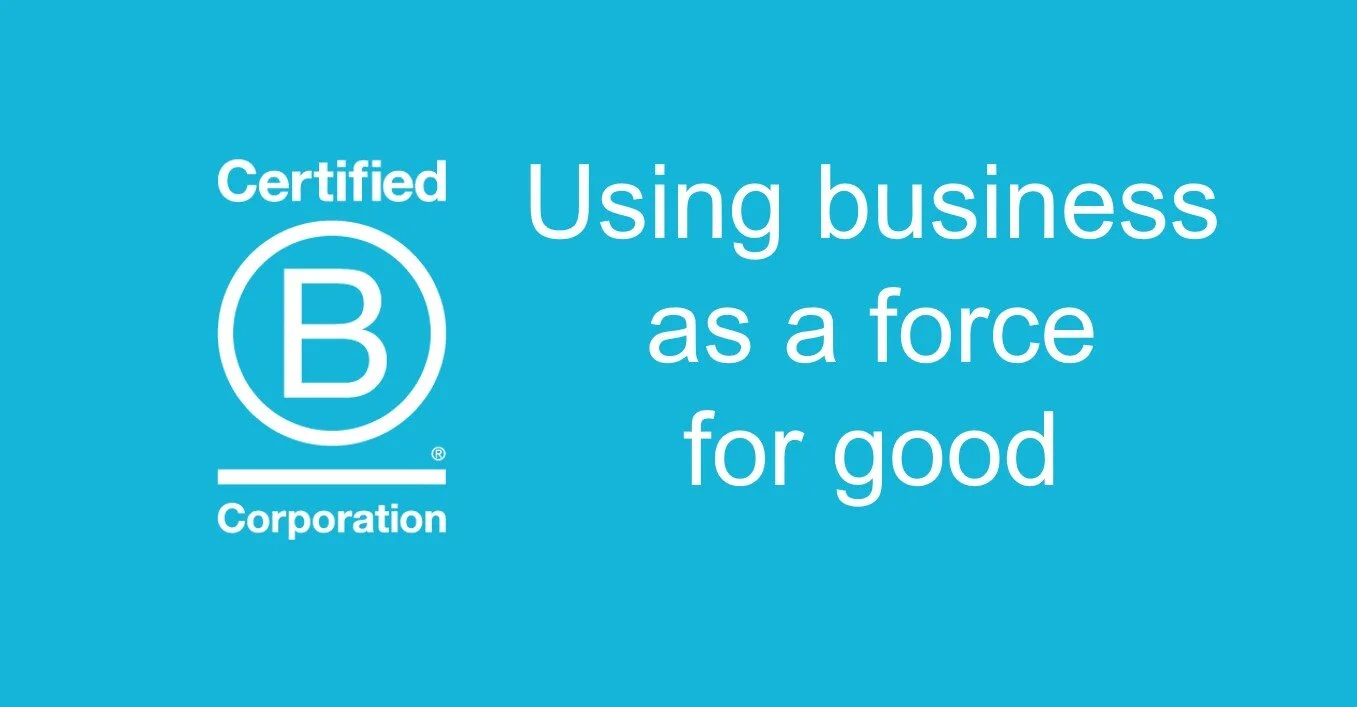Other people matter (solidarity)
Judge decisions as good, or not, in the context of the best values, expectations and needs of those with whom we should seek to build relationships. Do not make decisions in the self-interested, self-determined, closed world that does not weigh sufficiently the impact on others. Make a fair contribution to society and avoid actions that cause inequality. Opportunities should be sought to serve the broadest community, including the underserved, the underrepresented and the excluded.
Freedom with responsibility (subsidiarity)
Allow people to develop by being able to contribute to making decisions at all levels. Do not create dependency through reserving decisions unnecessarily to higher levels in the hierarchy or lose accountability through inappropriate delegation. Give people the freedom, and support where necessary, to take on the risk of decision making and to have a voice in their work, thus fostering innovation, creativity, and a sense of shared responsibility.
Building trust and trusted relationships (reciprocity)
Start with basic honesty and integrity so that each and all receive what they are entitled to or can reasonably expect. This is the first stage of building trust. Then go beyond this minimum, using knowledge and capabilities to provide benefits that people desire and value, but cannot expect or demand, in particular in situations of information asymmetry or power imbalance. Fair and efficient markets depend on trust and trusting relationships.
Valuing diversity and building bridges (plurality)
Be clear as to who you are and what you stand for, combining this with an openness to enrichment from others, valuing diversity of thinking and cultures. Favour curiosity and inclusion over suspicion and exclusion of those who think differently. Maintain consistency of purpose and values whilst embracing diversity, encouraging closeness to people, markets, innovation and growth.







